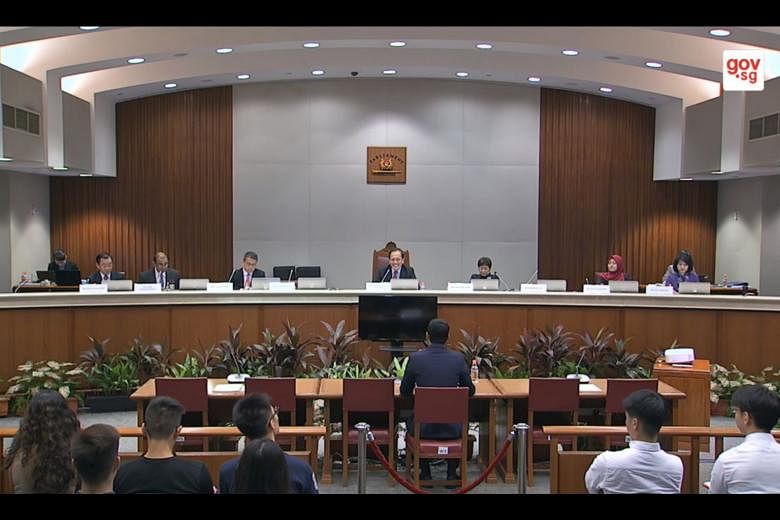NEW DELHI (REUTERS) - India on Tuesday (April 3) withdrew rules to control "fake news" less than 24 hours after announcing them, following an outcry that the regulations could be used by the government to curb press freedom.
Some other governments in Asia, however, have introduced laws to crack down on fake news or are in the process of setting them up.
Co-opted by US President Donald Trump, the term fake news has quickly become part of the standard repertoire of leaders in several countries to describe media reports and organisations critical of them.
Here is a list of the actions against fake news taken by governments in the region:
SINGAPORE
In Singapore, a parliamentary committee has been reviewing possible measures to prevent "deliberate online falsehoods". An eight-day hearing - the longest in Singapore's history - drew to a close on March 29.
The committee will prepare a report on possible new legislation in May, after parliament's mid-term break, its chairman Charles Chong told the final session.
MALAYSIA
Malaysia has passed a law which sets out fines of up to RM500,000 (S$170,000) and a maximum six years in jail for offenders who spread fake news inside and outside Malaysia, including foreigners, if Malaysia or a Malaysian citizen are affected.
The law, which comes ahead of a general election, covers news outlets, digital publications and social media.
INDIA
India will temporarily or permanently cancel government accreditation of journalists found to be spreading fake news, the information and broadcasting ministry said.
The accreditation is required to access government offices, news conferences and seminars and serves as security clearance at many other events.
THE PHILIPPINES
President Rodrigo Duterte has "lost trust" in news site Rappler and barred it from covering his official events, his spokesman said in February.
Duterte has called Rappler a fake news outlet, making no secret of his annoyance at its reporting, which has heavily scrutinised his polices and the accuracy of his statements.
Additionally, anti-fake news legislation, which would impose fines and prison terms of up to 20 years for spreading false information, is under consideration in the Philippines.
THAILAND
Thailand already has a cyber-security law under which the spread of false information carries a jail sentence of up to seven years, and the military government strictly enforces lese majeste laws that shield the royal family from insult.

